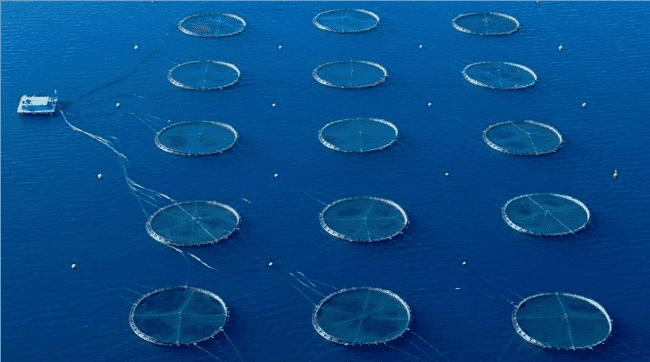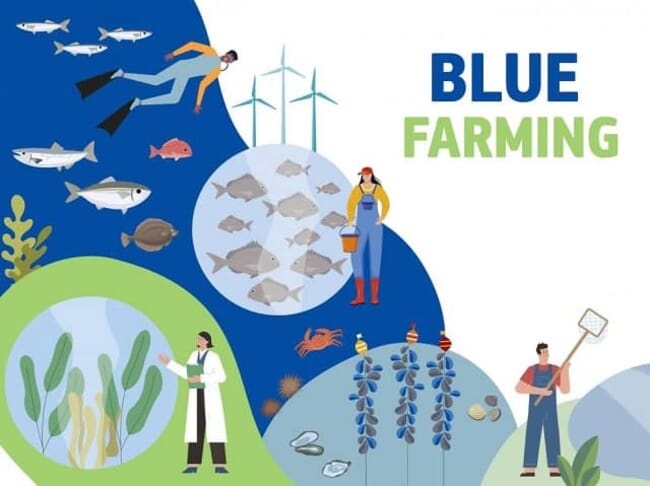
© TUDAV
In May 2021, the European Commission published its new strategy for sustainable aquaculture in Europe. The Farm to Fork Strategy has recognised the role that sustainable aquaculture has to play in building sustainable food systems. The new strategy sets the path for EU aquaculture to grow into a competitive and resilient sector and become a global reference for sustainability by 2030.
Despite more than half of the world’s fish and other aquatic foods for human consumption coming from aquaculture, Europe’s industry has been lagging behind its competitors. Europe’s aquaculture sector has not been on the same growth trajectory as other global players. In 2018, EU aquaculture production only covered 10 percent of all seafood consumed in the EU and accounted for less than 2 percent of the world production.
Nevertheless, sustainable aquaculture can help solve some of the most pressing issues we face today, such as ensuring food security, alleviating pressure on wild fish stocks and reducing the climate and environmental footprint of our food system. It can also provide consumers in the EU with even more diverse healthy and sustainable food products, including “superfoods” like algae or invertebrates such as sea urchins.

Therefore, with the new strategy, the European Commission wants to develop this potential and put the sector on the path of sustainable growth, fully in line with the European Green Deal and the Farm to Fork strategy.
The Commission is currently working on the implementation of the different actions proposed in the new strategy, together with Member States and the Aquaculture Advisory Council.
The full objectives and guidelines for sustainable aquaculture in the EU can be read here and the multilingual brochure can be downloaded here.




